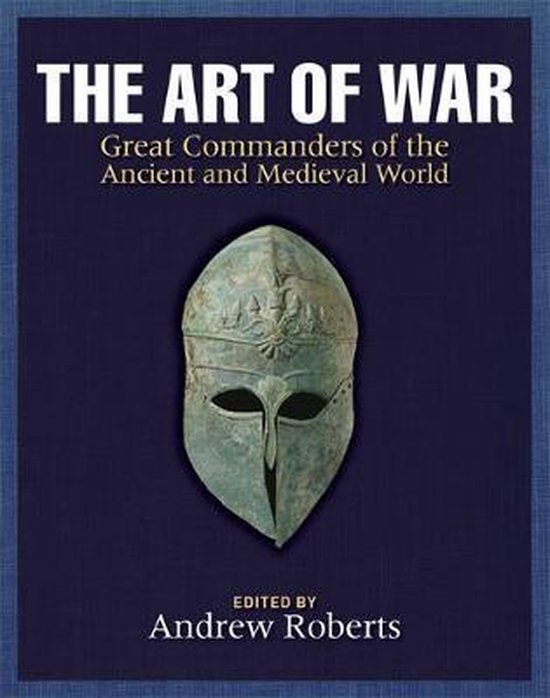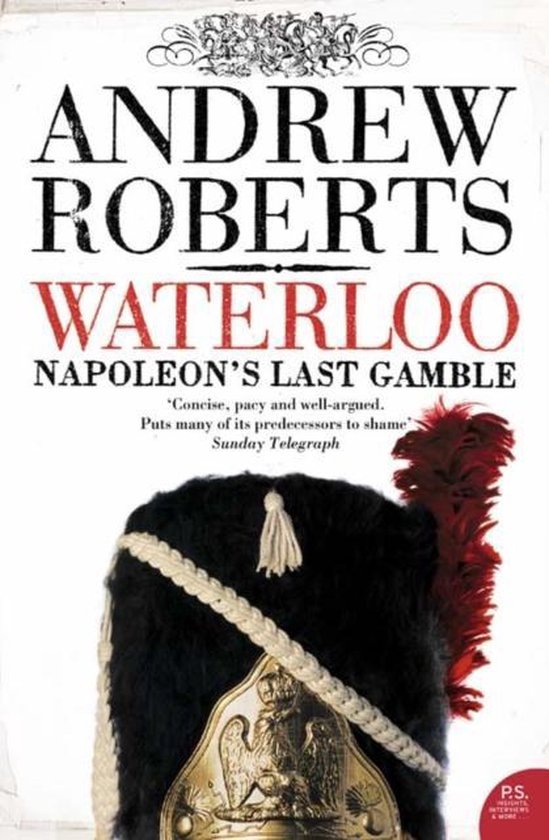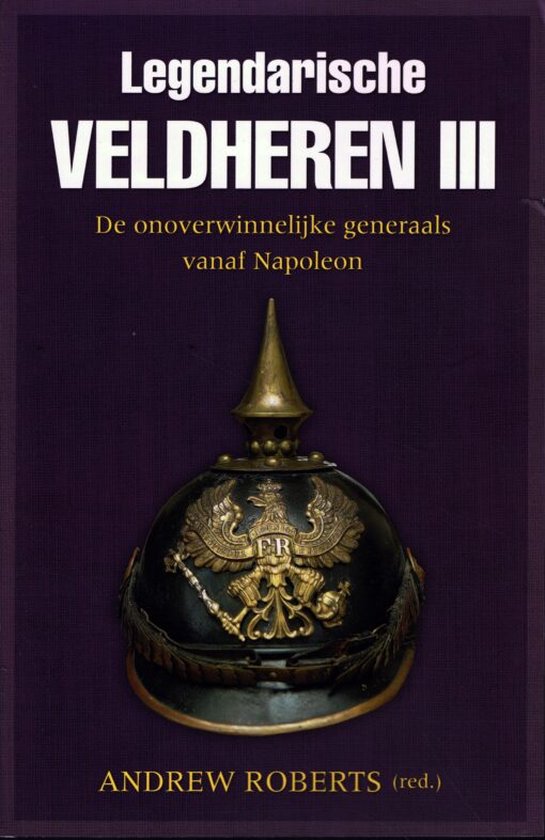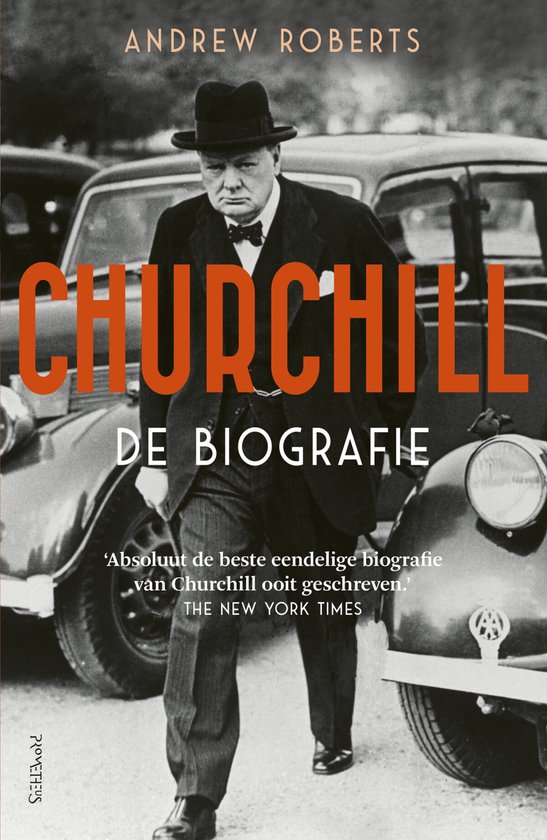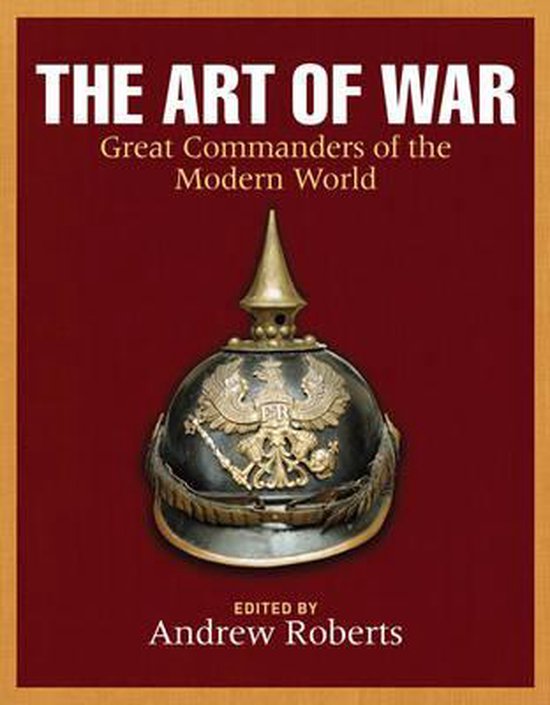
The Art of War
A magisterial survey of the military giants of the early modern and modern worlds
Which was the most brilliant of Napoleon's victories? How close did the Duke of Wellington come to losing the battle of Waterloo? What qualities made 'Stonewall' Jackson a battlefield commander of genius? What tactics did Montgomery employ to defeat Rommel at Alamein? How did General Giap's Viet Minh troops inflict defeat on a French army at Dienbienphu, despite the massive artillery superiority of their colonial opponents? The answers to these and a myriad other fascinating questions can be found in The Art of War, a sumptuous chronological survey of the 50 greatest commanders of the early modern and modern worlds. Compiled by an exceptionally distinguished team of historians (the contributors include such eminent names as Antonia Fraser, Alistair Horne, Michael Burleigh, Simon Sebag Montefiore and Richard Overy) working under the general editorship of the Andrew Roberts, The Art of War is an authoritative and lavishly illustrated account of the lives and careers of the 50 greatest military commanders of the period, from Cromwell to Konev, from Marlborough to Moltke, and from Petain to Patton. Every commander is profiled in a concise and informative 3000-word article which not only brings its subject vividly to life via a lively, fact-driven narrative, but also analyses and assesses his tactical and strategic gifts. Each biography is accompanied by a 'battle feature' or 'campaign feature' - embellished by a full-colour battle plan or campaign map - focusing on the commander's greatest battlefield achievement. As accessible and informative as it is rigorous and scholarly, The Art of War is the perfect introduction to its subject for the layperson - but also a stimulating and thought-provoking read for those with greater knowledge of military history. With its companion volume, focusing on the great commanders of the ancient and medieval eras, it forms an indispensable guide to the greatest generals the world has seen.
Which was the most brilliant of Napoleon's victories? How close did the Duke of Wellington come to losing the battle of Waterloo? What qualities made 'Stonewall' Jackson a battlefield commander of genius? What tactics did Montgomery employ to defeat Rommel at Alamein? How did General Giap's Viet Minh troops inflict defeat on a French army at Dienbienphu, despite the massive artillery superiority of their colonial opponents? The answers to these and a myriad other fascinating questions can be found in The Art of War, a sumptuous chronological survey of the 50 greatest commanders of the early modern and modern worlds. Compiled by an exceptionally distinguished team of historians (the contributors include such eminent names as Antonia Fraser, Alistair Horne, Michael Burleigh, Simon Sebag Montefiore and Richard Overy) working under the general editorship of the Andrew Roberts, The Art of War is an authoritative and lavishly illustrated account of the lives and careers of the 50 greatest military commanders of the period, from Cromwell to Konev, from Marlborough to Moltke, and from Petain to Patton. Every commander is profiled in a concise and informative 3000-word article which not only brings its subject vividly to life via a lively, fact-driven narrative, but also analyses and assesses his tactical and strategic gifts. Each biography is accompanied by a 'battle feature' or 'campaign feature' - embellished by a full-colour battle plan or campaign map - focusing on the commander's greatest battlefield achievement. As accessible and informative as it is rigorous and scholarly, The Art of War is the perfect introduction to its subject for the layperson - but also a stimulating and thought-provoking read for those with greater knowledge of military history. With its companion volume, focusing on the great commanders of the ancient and medieval eras, it forms an indispensable guide to the greatest generals the world has seen.
| Auteur | | Andrew Roberts |
| Taal | | Engels |
| Type | | Hardcover |
| Categorie | | Mens & Maatschappij |
